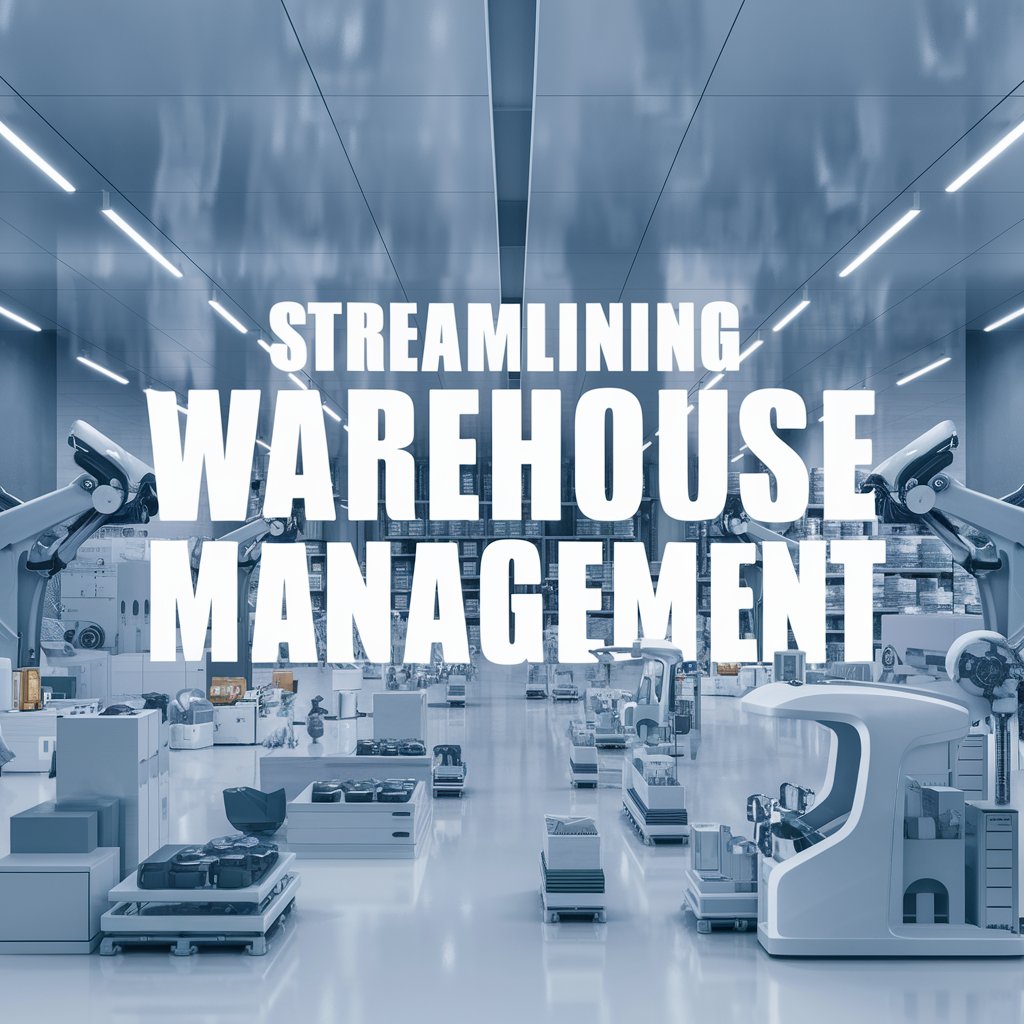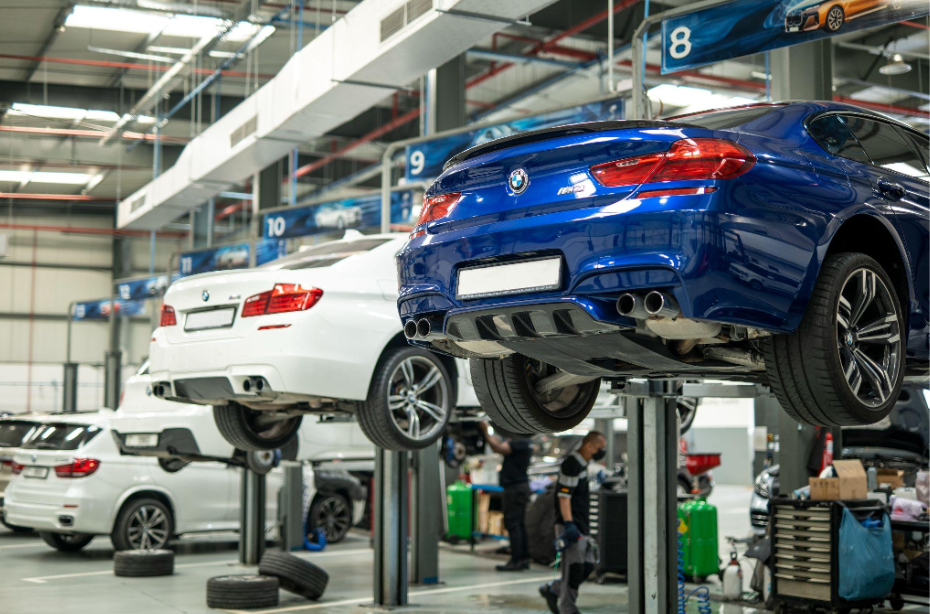In today’s fast-paced logistics landscape, how can warehouses stay ahead? Discover the latest innovative solutions that are revolutionizing their management and boosting efficiency.
Harnessing Robotics for Seamless Operations
Robotic technologies, exemplified by Locus Robotics solutions, have revolutionized warehouse operations. They provide unprecedented speed and precision in tasks such as picking, packing, and sorting. These machines work tirelessly to reduce human error and labor costs while boosting overall productivity. Imagine a fleet of autonomous robots navigating through shelves with precision, fulfilling orders in record time,
- Autonomous Navigation: Robots equipped with advanced sensors navigate warehouses safely and efficiently.
- Collaborative Robotics: Cobots handle repetitive tasks alongside human employees, freeing up human workers for more complex operations.
IoT and Real-Time Data Integration
The Internet of Things (IoT) allows warehouses to collect real-time data from a wide range of devices and sensors. This report describes inventory quantities, equipment status, and environmental conditions. With IoT integration, they can optimize workflows, anticipate maintenance needs, and prevent bottlenecks before they occur.
Enhanced Inventory Management Systems
Traditional inventory management systems are being replaced by sophisticated software solutions that offer real-time visibility and control over stock levels. These systems use predictive analytics to forecast demand, optimize storage space, and minimize stockouts. Picture a system automatically adjusting inventory levels based on historical data and recent market trends, ensuring optimal stock availability without excess.
- Predictive Analytics: Forecasting demand patterns to optimize inventory levels.
- Dynamic Replenishment: Automated systems that trigger reorder points based on real-time sales data.
Artificial Intelligence for Predictive Maintenance
Artificial Intelligence (AI) algorithms analyze equipment performance data to predict maintenance needs accurately. By detecting potential issues early, AI-powered systems prevent costly breakdowns and downtime, ensuring continuous operations. Picture AI algorithms monitoring conveyor belts and machinery, flagging anomalies before they disrupt operations.
Cloud-Based Warehouse Management Systems (WMS)
Cloud-based WMS platforms offer scalability and flexibility, allowing warehouses to adapt quickly to changing demands. These systems provide real-time updates across multiple locations, enabling seamless coordination between inventory, orders, and shipping. With cloud-based WMS, businesses can achieve operational efficiency while reducing IT infrastructure costs.
Data-Driven Decision Making
Data-driven decision-making is essential in modern warehouse management. By leveraging big data analytics, warehouses can extract actionable insights into operational efficiency and customer trends. These insights empower proactive adjustments in inventory management, staffing, and logistics planning.
For instance, imagine a warehouse manager accessing a dynamic dashboard. This dashboard displays real-time metrics on throughput rates and order fulfillment times, enabling them to swiftly make informed decisions that optimize operations and enhance overall efficiency.
Sustainable Practices in Warehouse Operations
Adopting sustainable methods decreases environmental effects while simultaneously increasing business efficiency. From energy-efficient lighting and automated systems to eco-friendly packaging materials, warehouses are adopting green initiatives to lower costs and enhance corporate responsibility. Imagine a warehouse powered by renewable energy sources, with automated systems that minimize waste and optimize energy consumption.
Innovative solutions for streamlining warehouse management, such as locus robotics solutions, are transforming how warehouses operate in the modern era. From robotics and IoT to AI and sustainable practices, these advancements promise increased efficiency, reduced costs, and enhanced sustainability. As technology continues to evolve, warehouses that embrace these innovations will stay competitive and agile in meeting the demands of tomorrow’s logistics challenges.






